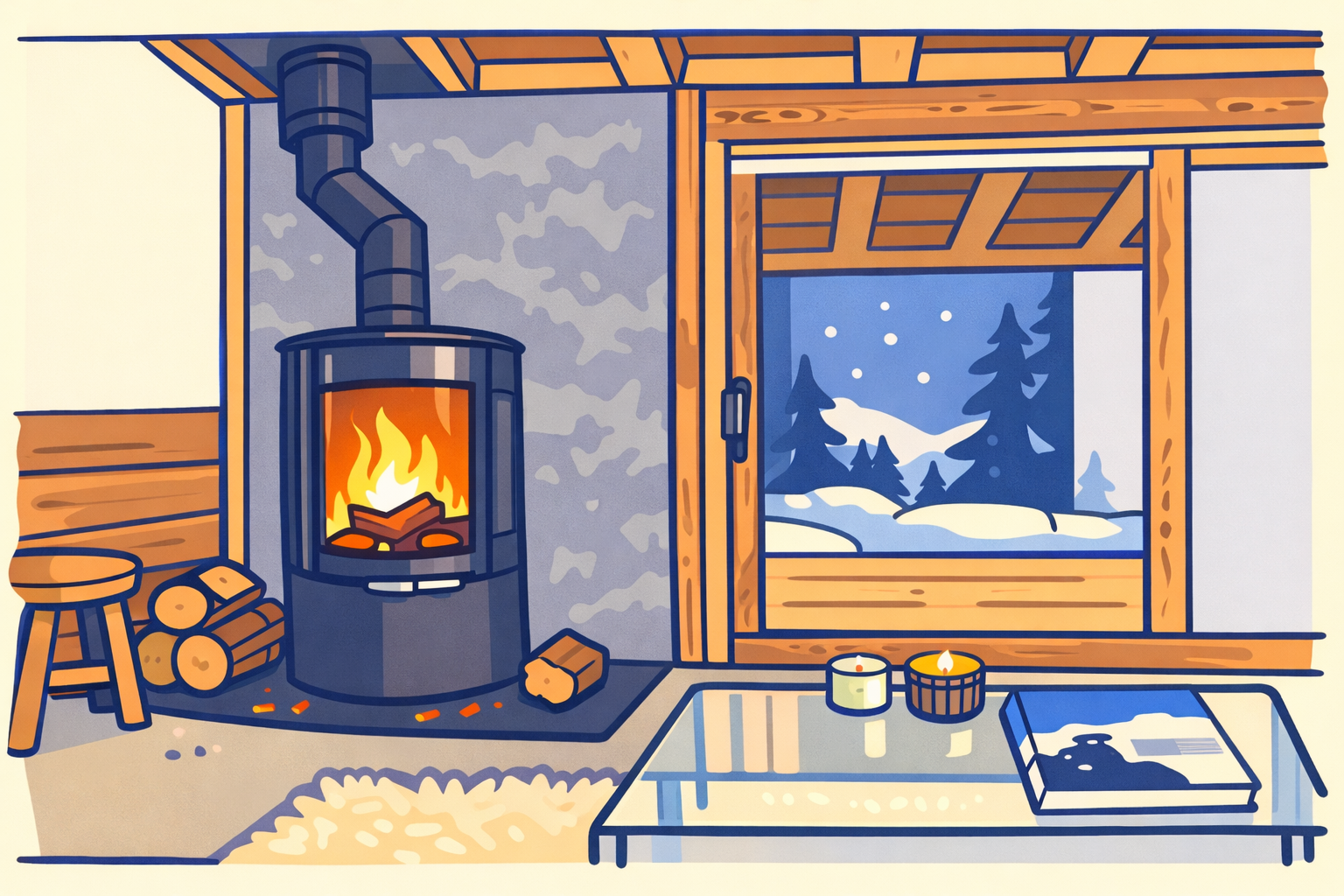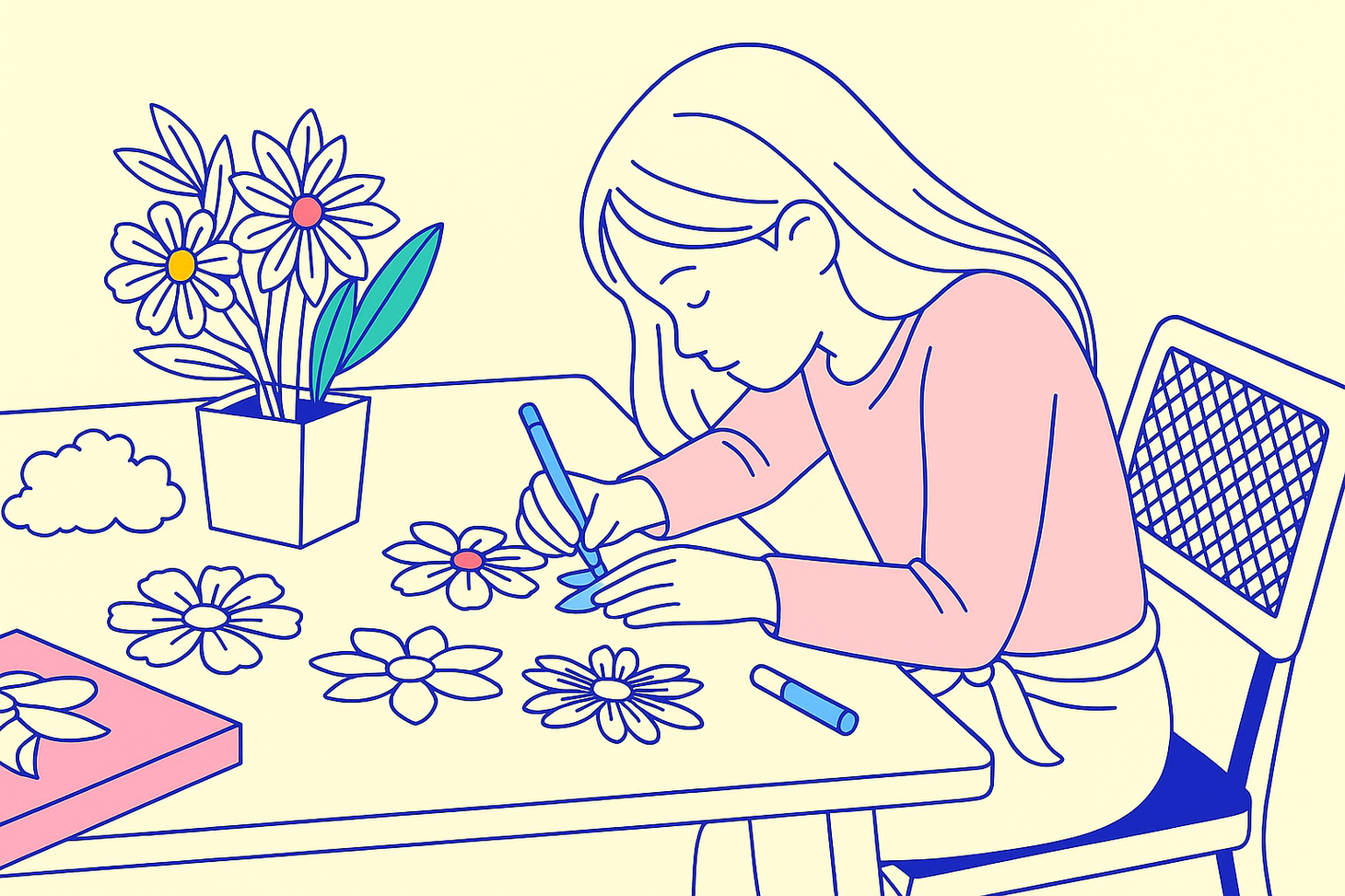Why is it so hard to fill my own cup first?
As leaders, we are told that we must care for ourselves before we can support others; why is this so challenging?

Looking for some support? If now is the time to consider coaching, reach out here.
Just another day in couples therapy
I could feel my chest constrict and a pit in my stomach. We were 20 minutes into a benign couples therapy session, discussing some upcoming travel plans. Our therapist asked us a question that I wouldn’t have thought spicy until I felt it land in my body. She asked, “How do the two of you make decisions on how and when you each take time away from the family?” Given the reaction in my body, I knew this seemingly innocuous question was hitting on something significant for me.
Let me set the stage a bit. I am married to an incredible woman. We have been together for over a decade. We are both deeply committed to our own work: coming to know ourselves better, learning to love as adults, and breaking some of the patterns we experienced in childhood. Yet we, too, need support.
One of our most potent sources of support is our couple’s therapist. We have been with the same therapist for 5+ years (and if you would like a referral, let me know!). We show up every week in therapy together, in both the good weeks and the hard weeks, to nurture a supportive container for the days when things are tough.
In this particular session, it felt like our therapist’s question was creating a hard moment rather than supporting us in one. That's sometimes the case in this kind of work.
It was not until a few days later, when I was listening to a podcast episode by John Wineland, one of my favorite men’s work teachers, that my anxiety around the question clicked. In the episode, which I’ll link to here, John talks about how critical it is for us as partners and parents (and I will add leaders and founders) to fill our own cup first. As I sat with his simple statement, even though the sentiment was not new to me, I could feel I still had work here to do.
I still have work to do in how I take care to fill my own cup first in my life.
What makes the setup hard
I feel some shame writing that sentence. Shame and selfishness.
The shame stems from a self-inflicted message that I should have been through this by now. I have been in therapy on and off for 30 years. I have been coached for 10+ years. I am a graduate of numerous coaching training programs, as well as the Hoffman Institute. I should know better. I should be better. Yet, this piece remains surprisingly complex for me.
The sense of selfishness stems from the internal belief that it is inherently selfish to prioritize my own needs over those of those I love or lead.
How can I miss a weekend with my gorgeous 4-year-old daughter to be alone on retreat?
How can I miss my son’s water polo game to ski with my buddies?
How can I leave my wife alone wrangling these crazy kids while I travel to see an old friend or take yet another personal development training?
The sting of that message still hits me: stop being selfish.
I have written previously about the childhood patterns we leader/founder types often carry. Our frequently shared patterns of early promotion into adulthood, the message that it is our responsibility to care for those around us, ahead of our own needs. These patterns are frequently instilled in kids of families where addiction, scarcity, or various types of trauma are present. Many of the highest-achieving people I witness and coach carry these or related patterns.
I developed this pattern in childhood and have long worked to free myself from it.
We develop these patterns to survive in our families of origin. We mirror or react to the patterns our parents model for us, and those patterns become equated with survival in our young brains. “To survive, I must do this to please mom/dad.”
To break these patterns is tantamount to risking our very survival - at least this is the message our subconscious carries.
The way this shows up for me is a core belief that to belong and be lovable (by my parents, by my wife, by my kids, by those I lead, etc.) I must put the needs of others ahead of my own. Slowing down to name my own needs, or to make clear requests around them, feels deeply dangerous.
And yet I know, even now at 45, that is precisely what I must continue to practice.
What I am longing for
I know that for me, the work begins by getting clear on what it is I am longing for or needing.
One of my longtime coaches has a beautiful way of inviting this kind of exploration:
Let the longing do the work.
-Jim Marsden
So I am going to challenge myself to do that in writing here:
I am longing for a rich family life.
I am longing for meaningful work.
But that is not enough.
I want more.
I am also longing for adventure.
For deep relationships with friends.
And since I am being ‘greedy,’ I am also longing for empty time in my weeks and years. Space to wander, to wonder, sometimes even to waste.
What’s at play for me:
Some of you might read that list and think, “That doesn’t sound so difficult!” Others might read it and think, “Wow - you greedy motherfucker.” Still others, if you carry some of the patterns I do, might read it and think, “Wow - those things sound scary to ask for and maybe impossible to find.”
Whatever your response, what can I say? That’s where I am at! And I am owning it. 🥳
What’s at play for me:
While I am up for owning these desires, I will be honest and say as well that I find the bottom half of that list very hard to ask for. Hard to ask of myself, hard to ask of my wife, hard to ask of my kids, and sometimes even hard to ask of my clients
Why?
Part of what makes it difficult is a sense of what we might call “competing commitments.”
In short, it isn’t that I am thinking my connection with myself is more important than my presence with my family. Or that my connection with my family is more important than my impact on the world through my work. These things are all important. And I am deeply committed to each of them.
The rub arises when those commitments feel in competition with one another.
If I were my own best coach, I would challenge myself to slow down and examine whether the sense of competition that arises as an immediate response actually holds up under scrutiny. It often does not.
There is often great benefit in naming the sense of competing commitments.
For me, I find it alleviates the sense that "I am failing here because I am going to drop something." It helps me to move into a space of holding "these things are all important to me, how can I do my best to support each of them and also give myself grace when I do not arrive at perfection?"
The other pattern that hits hard for me in all of this is a pattern of co-dependence. I had zero sense of this pattern in myself until a dear friend responded to a text message I sent him a few years ago, suggesting a book on co-dependence. I was slightly offended by his text. Even though he shared the book had been invaluable for him, codependence landed for me as something that other, weaker people struggled with. Not me.
But I learned to ask myself the question of: “How ok do I feel when those around me are not ok?” The answer was: really fucking not ok. To put a finer point on it, I grew up in an alcoholic family. And I learned to equate safety with my ability to read the room, anticipate anger, and care for the emotions of others while shutting down my own.
Although I have been working on releasing this pattern for years now, it still appears in my daily life as a husband and father.
When I need to spare those around me from difficult or uncomfortable emotions, it makes it really hard to ask for what I need.
What about you?
What is coming up for you as you read along here? Where do you find it difficult to fill your own cup first?
I was in a coaching session recently with a client whose company had recently raised a monster round. They were fielding multiple acquisition offers, any of which would have left her with generational wealth. Her smiling face was featured on the cover of numerous prominent publications. And yet in this session, she had tears streaming down her face. She shared:
I have nothing left. From the moment I wake up, I am with my children or working on the business. When I am with my kids, I am constantly thinking about the business. When I am working, I feel constantly guilty about not being more with my young kids. There is nothing for me. I am so tired.
Many of us tell ourselves we are setting aside our own needs for the benefit of others. But how well do we show up for those we love or those we lead when we are this tapped out?
How well might we show up if we determine to deeply resource ourselves first?
Where are you today? Where are you holding back from admitting your desires or needs to yourself? To others? What are you protecting by hiding from our own self-knowledge?
What would it take for you to experiment with filling your own cup? Where would you begin?
If you’re curious, come along with me. I’ll share where I am re-beginning this week.
The practice at hand for me (and maybe for you)
Here is the work I am challenging myself to do.
First, I am committed to gaining a clear understanding of my needs. My writing above was my practice in getting those needs out of my subconscious or imagination and onto paper.
You do not need to follow my example and blog about them to the world; you might start by getting honest about your needs and desires in your journal, for your eyes alone.
The next step, which makes my stomach tighten even as I write it, is to share my needs openly with those I love or lead. In my case, I sense that it means having a grounded and honest conversation with my wife and kids about the needs I am seeing. And then some exploration together of how I might meet the needs I am carrying while also showing up in my love and commitment to each of them.
I know I cannot control how others respond. And I do not have to. I remind myself that others' emotions and actions are not my responsibility.
I am responsible for knowing myself. For living according to my values. For holding my commitments.
I am also responsible for taking care of my own needs.
Sometimes this adulting is hard, even for those of us who make a living in this kind of work.
The last piece, the invitation from me to me and from me to you, is to lean into the discomfort. Sometimes fear is a clue. It is for me here. Perhaps it is for you as well.
This is my edge as a partner, as a parent, and perhaps even as a coach. To trust that my connection with my wife is strong enough to sustain me sharing my needs openly (Hint: it is). To trust that my kids will be better off if I model a full life for them. To grow up seeing what it is for a parent to care for himself, even as he cares for them. To model the security and confidence of knowing I am worthy of self-care and adventure, and that by extension, they might know they are too. I want this for them—and this desire pushes back against that old, familiar message: Matt, you are being selfish.
As a coach, this means modeling downtime and self-care for my clients too. One of the hardest things for me in coaching is having to text a client back and tell them I'm unavailable because I am on vacation with my family. Or on retreat. More often than not, in the past, I have taken that call anyway. And perhaps sometimes that’s just fine. But I know there have been times when I have taken that call because I don't feel okay putting my needs ahead of someone else’s. That’s one reason I admire my own therapist, who has zero worries texting me that she is not available until our scheduled time. God bless her for modeling such freedom for me. 🥰
A closing offer
Wherever you find yourself today on your journey of learning to care for your own needs first, you are not alone. There is no perfect, there is no arriving, we are all finding our way here.
Looking for some support? If now is the time to consider coaching, reach out here.
Thank you for joining me on this journey. It is my honor to be your fellow pilgrim.
If I can support you in any way, please reach out.
In the meantime, sending you a big hug from my table at my local public library.
-Matt
I appreciate that you are here. If you’d like to get these posts in your inbox, you can subscribe here.
Sanity Notes Newsletter
Join the newsletter to receive semi-weekly updates in your inbox.


